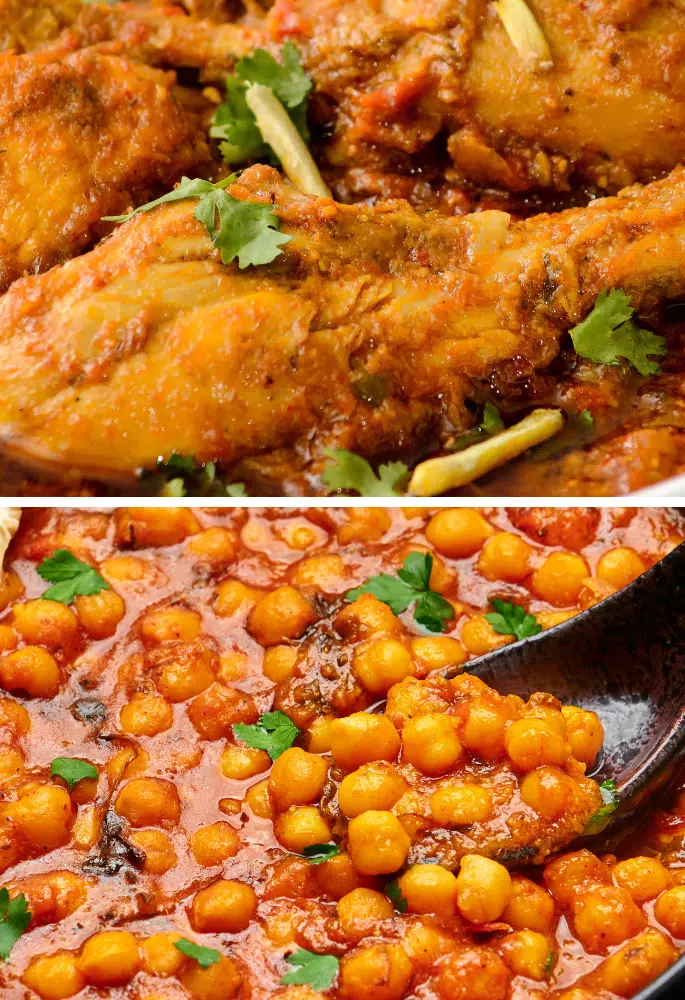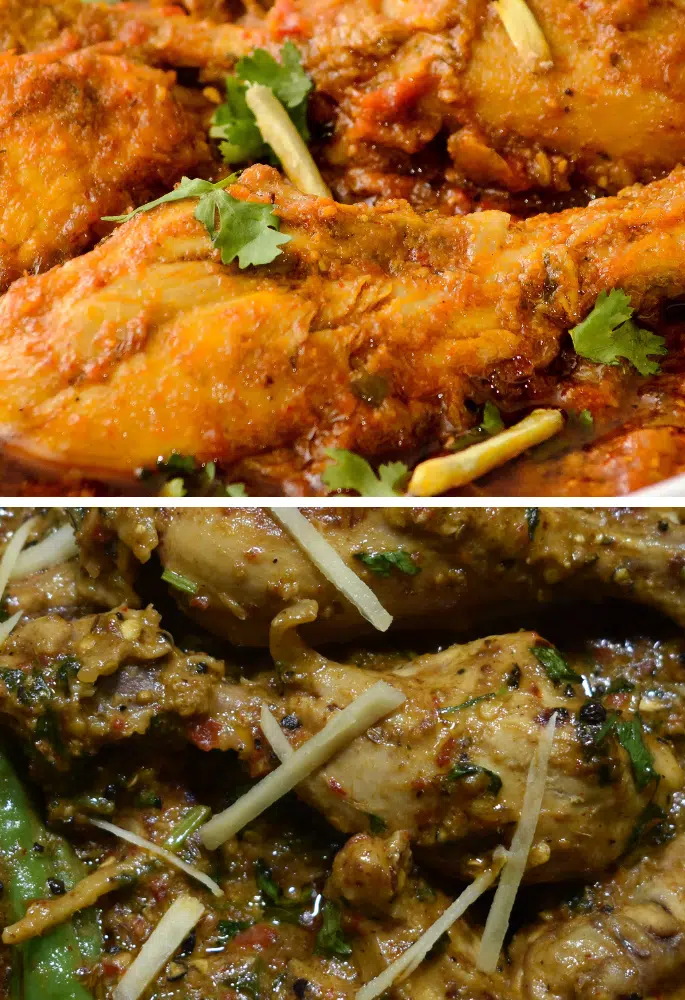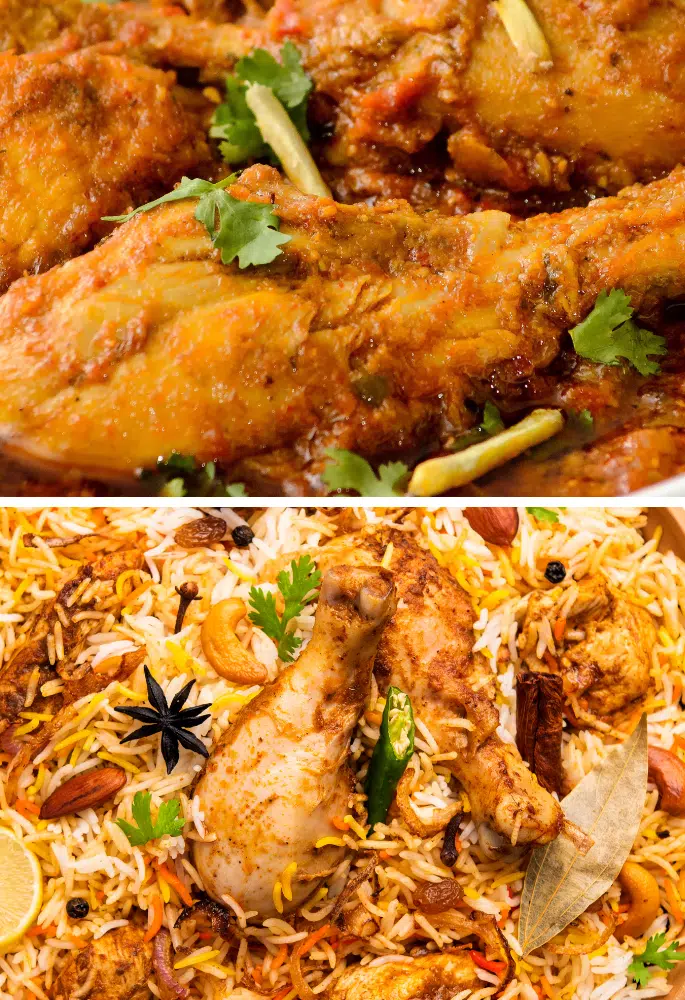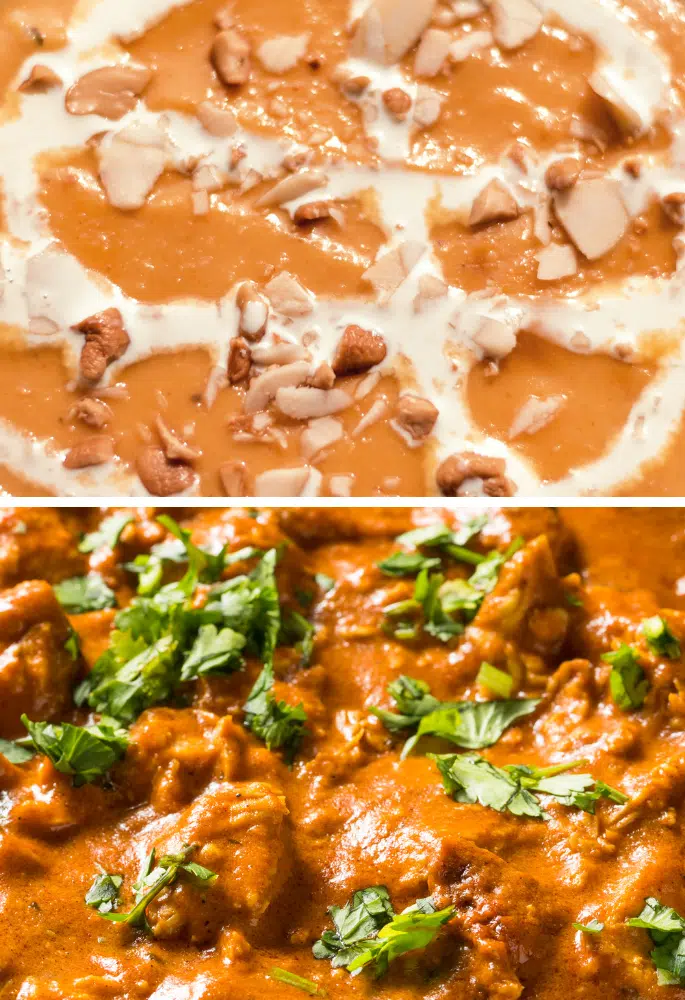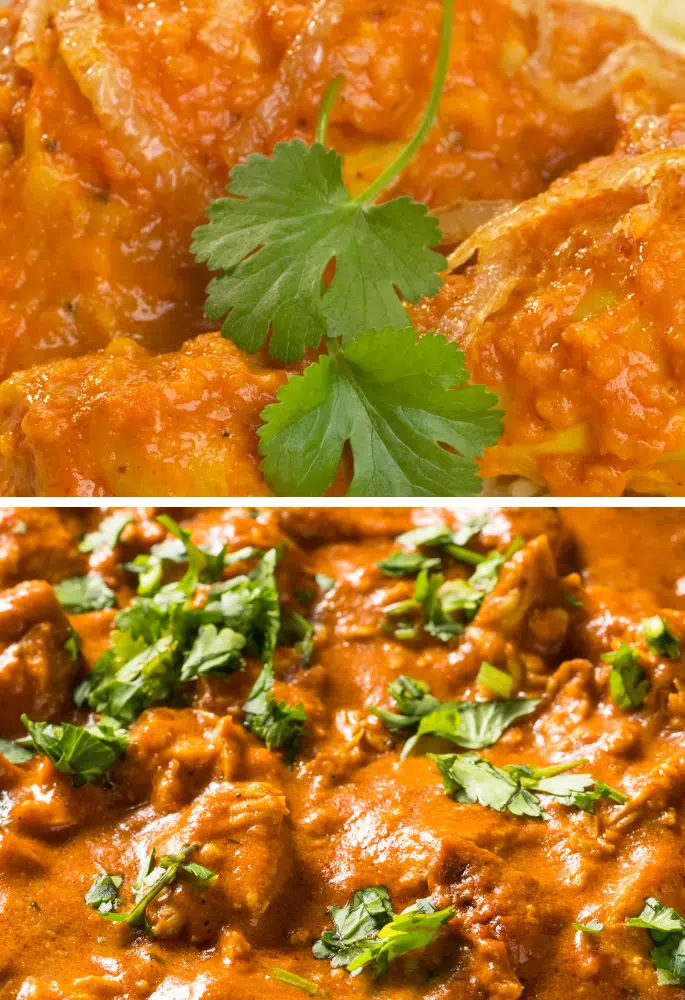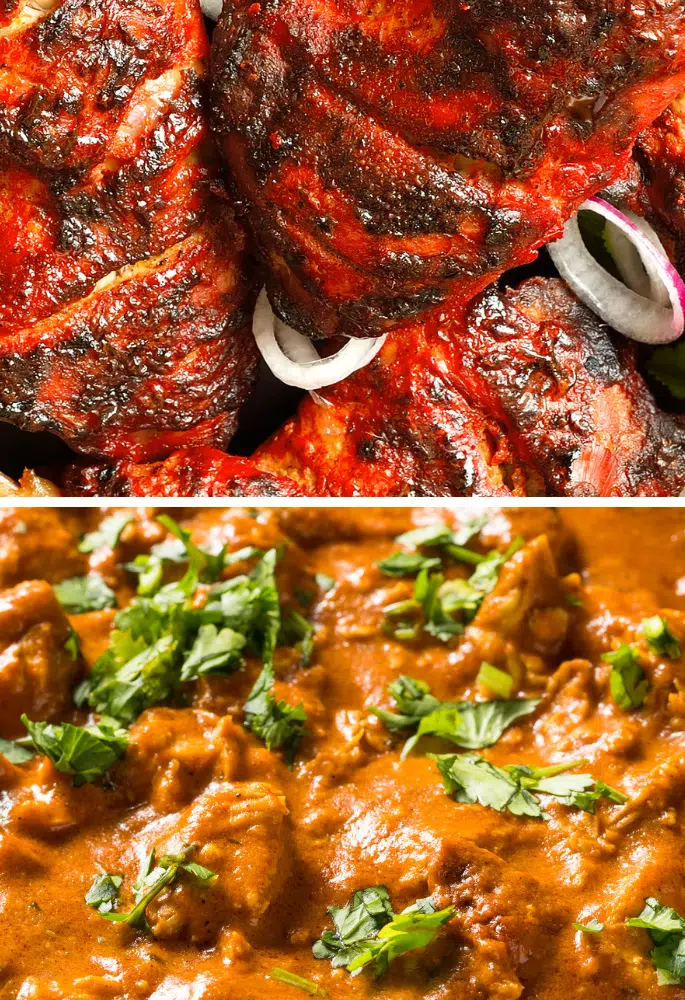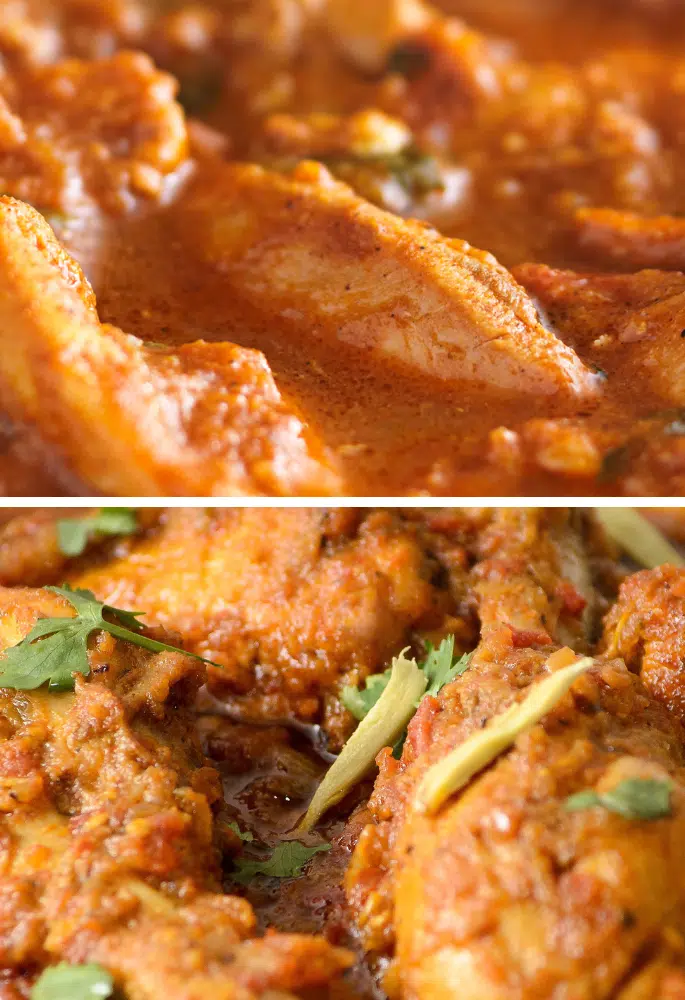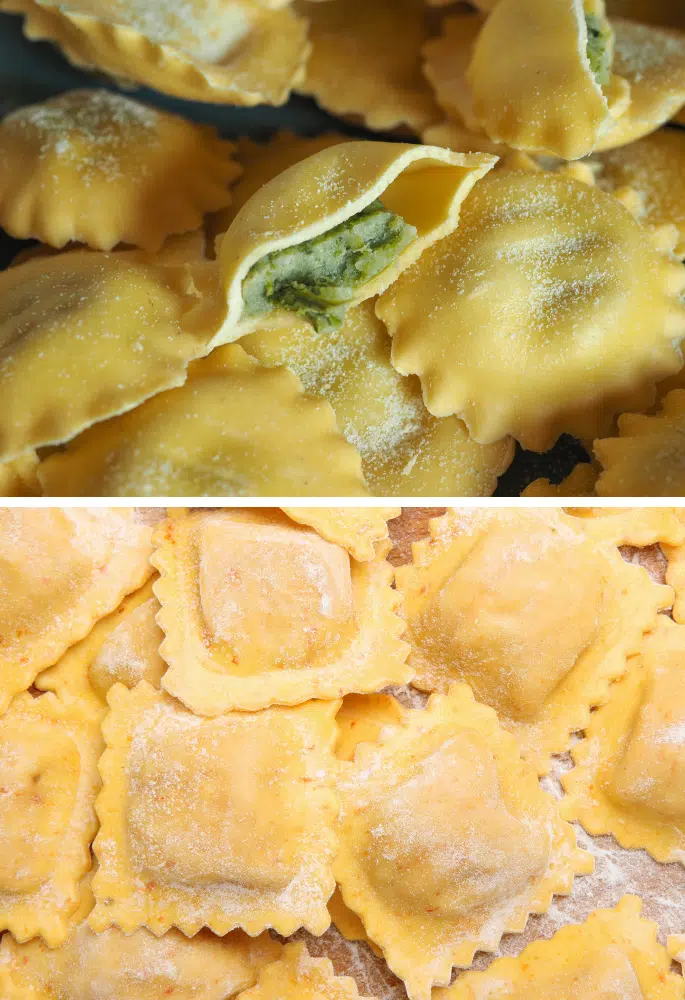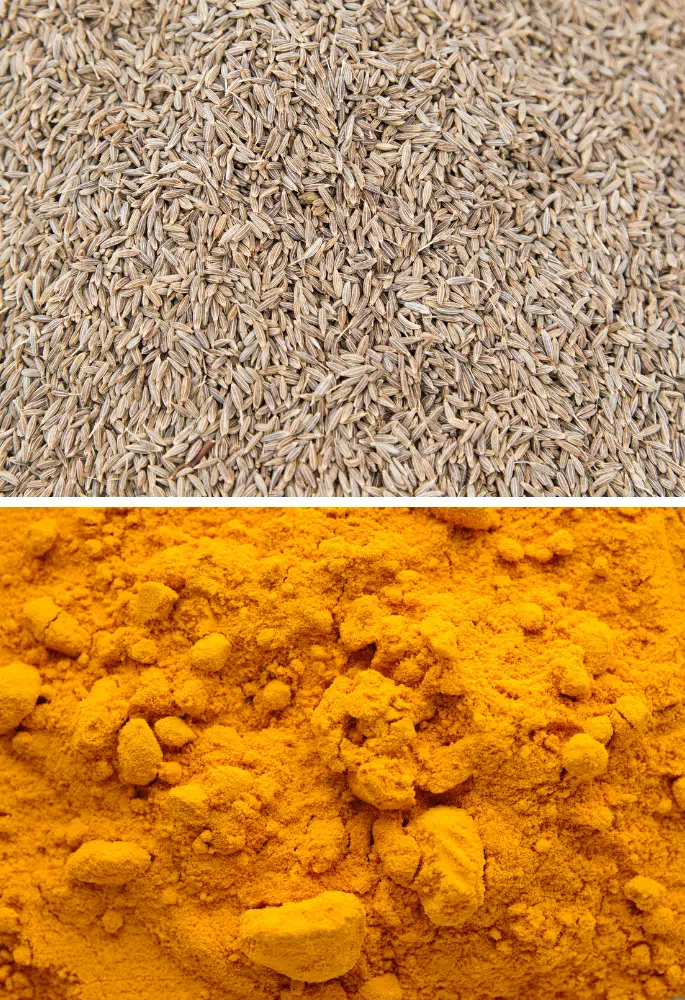Asian cuisine is full of ingredients that are rarely—if ever—found in traditional western cooking, but that just makes Asian cuisine all that more delicious.
Doing your first shop at your local Asian store can be confusing if you are unfamiliar with the more traditional Asian ingredients and even more so when you start trying to read the ingredient labels!
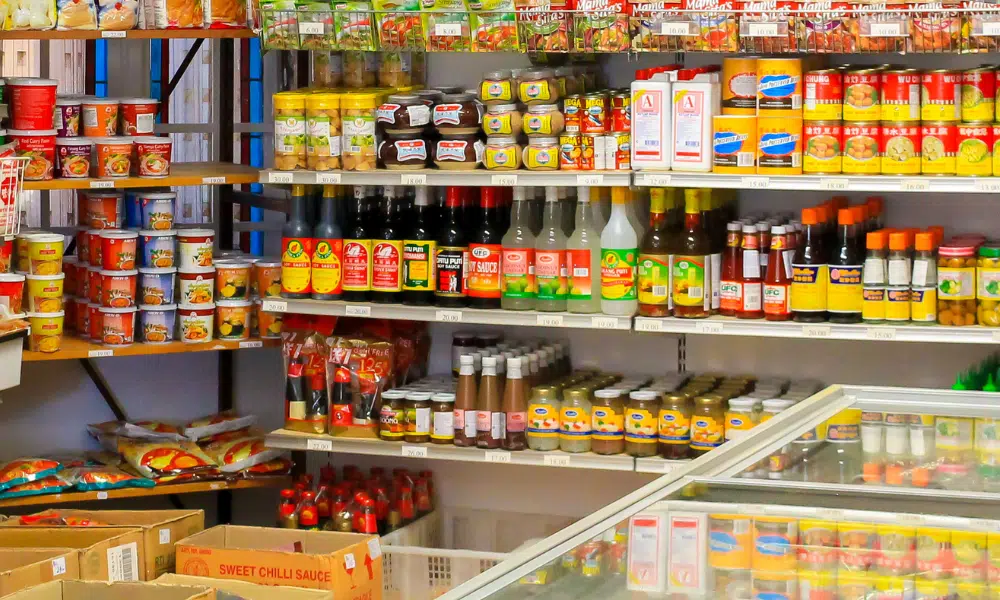
Two ingredients that non-Asian westerners usually mix up when trying to find authentic Asian ingredients are doubanjiang and doenjang. But are they as similar as they sound?
It is the base ingredients that make doubanjiang and doenjang different. Doubanjiang uses a mix of fermented soybeans and broad beans, creating an earthy umami flavour, while doenjang uses only soybeans, resulting in a slight sweetness.
What is Doubanjiang?
Few other ingredients carry the soul of Szechuan cooking than doubanjiang, though it is also used across Chinese cuisine.
Made using both broad beans and soybeans, doubanjiang is fermented for between 3 months and 3 years, depending on how intense the desired flavour is.
Along with fermented beans, plenty of salt, fermented rice, oil, ginger and alcohol are used too.
The salt is very evident in the final paste, making an umami-rich, salty ingredient that can be used to add complexity to a range of dishes.
More so, the use of 2 types of beans and ginger provides earthy undertones that only add to that complexity.
There are two types of doubanjiang – the spicy kind and the non-spicy kind. Both types tend to use an array of spices to liven up the paste, but spicy doubanjiang heavily features a range of spices, including red chilli peppers, Szechuan peppercorns, and anise.
No matter how long you have fermented your doubanjiang for, once it is opened and used, it tends to last around 1 year in your fridge, though commercial shelf lives may vary.
What is Doenjang?
If you are a fan of miso, then you have to try the Korean soybean paste invention, doenjang. Like miso for Japan, doenjang is a Korean staple that is used throughout Korean cuisine.
Soybeans are fermented with ample salt for at least 6 weeks, though most doenjang manufacturers ferment their doenjang for months, sometimes years.
The resulting paste is a super umami-flavoured paste with just as much saltiness that the doenjang ends up tasting almost sour. The longer the doenjang is allowed to ferment, the richer its taste becomes, developing a slight sweetness along the way as well.
Doenjang’s texture is just as rich as its flavour, making for a thick and unsmooth paste. Though once added to a dish like soup or a sauce, you won’t be able to feel the rough texture.
Doenjang-jjigae is a classic Korean stew that is made using doenjang as its main ingredient. It is a stew full of umami and finished with various vegetables and plenty of garlic.
Similarities Between Doubanjiang and Doenjang
If you were to go to a general Asian store and came across doubanjiang and doenjang on the shelf, you would very likely confuse the two because of their initial similarities, such as:
Bean Type
Soybeans are very popular across various Asian cuisines, making the base of countless popular umami ingredients such as soy sauce.
That is why both doubanjiang and doenjang use fermented soybeans as their base to enrich that umami taste in their paste.
Umami Rich
The main reason that either doubanjiang or doenjang are used in their respective cuisines is to add a complex umami flavour to countless dishes. They are staple ingredients in their countries because of their intense umami flavours.
Bean Pastes
At their cores, doubanjiang and doenjang are fermented bean pastes and should be used as such.
They wouldn’t work well as part of a marinade but can add tons of flavour to a stock. Consider their tastes and how they may affect your dish, but you can essentially use doubanjiang and doenjang like you would any other bean paste.
Differences Between Doubanjiang and Doenjang
Just because their names may sound very similar to someone of English origin does not mean that doubanjiang and doenjang are the same ingredients.
Here is exactly how the two bean pastes differ:
Place of Origin
Simply, doubanjiang is a Chinese invention, while doenjang is a strictly Korean ingredient. You may find other cuisines using either paste, but it is mostly their country of origin that knows how to make full use of them in their cooking.
Spicy Varieties
Though spicy versions of doenjang are probably available if you look hard enough, it is not traditionally made with any spicy elements.
However, it is the spicy variety of doubanjiang that tends to be more widely used, which is why it is so often classified as a chilli paste.
Simple Flavours
Many argue that doubanjiang’s dual-bean fermentation makes it more complex in flavour than the minimal ingredient doenjang.
Of course, everyone’s experiences taste different so this may not be the case for your individual tastes.
However, it is fair to assume that there is more depth and complexity in the overall flavour of doubanjiang simply because of how many more ingredients it uses.
Levels Of Salt
Though both bean pastes include salt as a main ingredient in their manufacturing process, doenjang is usually less salty than doubanjiang.
It is still noticeably salty and you will not need too much extra seasoning in your dish if you use doenjang. But that salty taste is much more impactful in doubanjiang.
Textures
Neither doubanjiang nor doenjang are smooth bean pastes, though their roughness does differ. Doubanjiang is textured with chunks, while doenjang is coarser in texture.
This may not make much of a difference in the final result of your soup or stew, but it can still impact your dish.
Doubanjiang vs Doenjang: Which Wins?
You’ve got to decide which you prefer. So, are you picking doubanjiang or doenjang? Vote below:
Do You Prefer Doubanjiang or Doenjang?
Doubanjiang and Doenjang FAQs
Do you have further questions about doubanjiang and doenjang and what sets them apart? Then check these out:
Doenjang is essentially the Korean version of miso. It is made in a similar way and provides similar umami flavours to dishes.
Sources
Where we obtain our information and verify the facts in this article:
Bon Appetit
What is Korean doenjang
Tip Buzz
What is doubanjiang
Acacia may be a freelance writer by day, but they are a food fanatic by night. They are always trying out new recipes or finding different ways to elevate classical dishes. But their biggest culinary aim is to educate others on the basics of the kitchen so that they too can enjoy delicious food.


